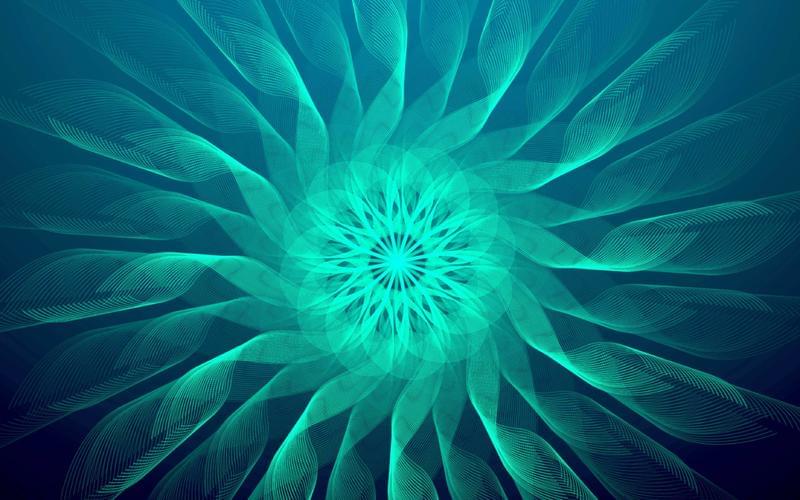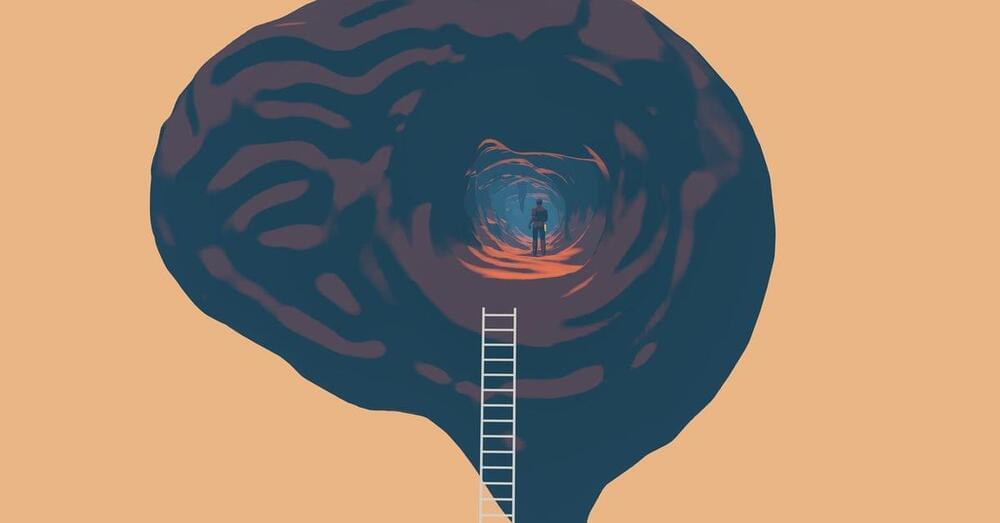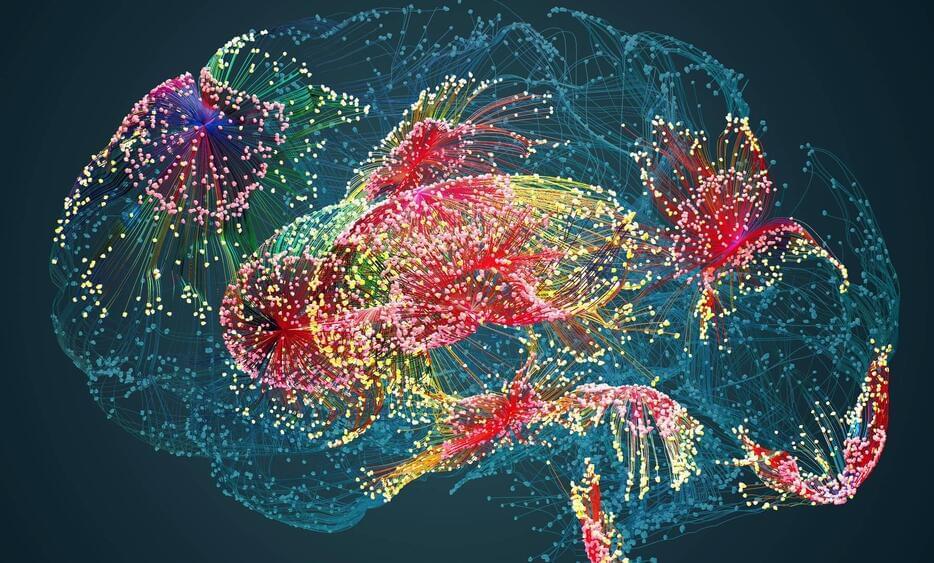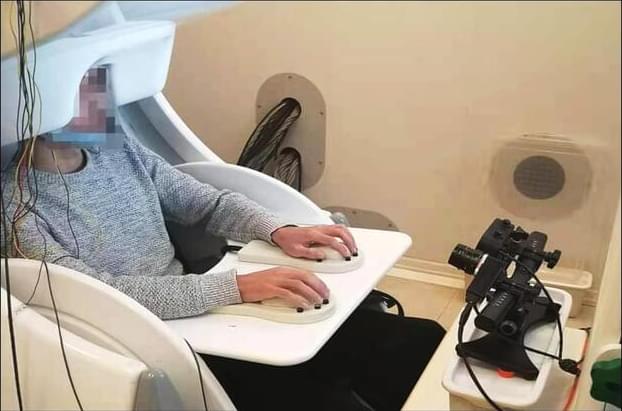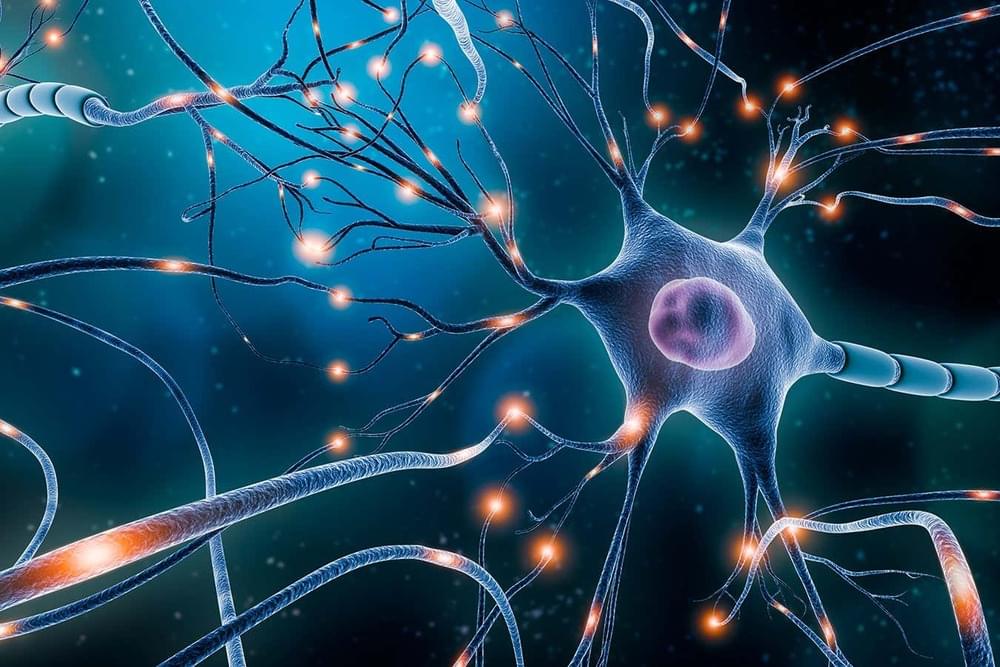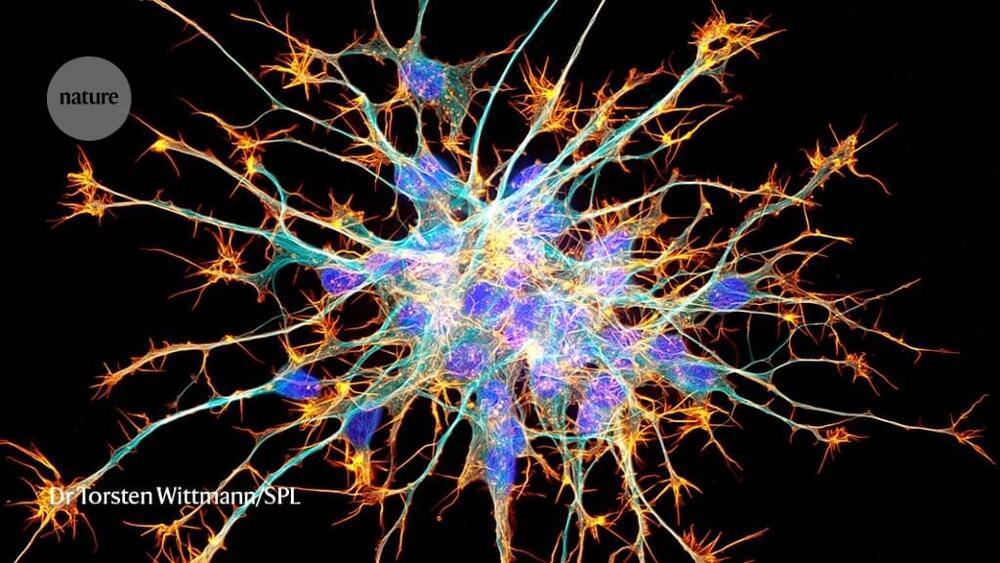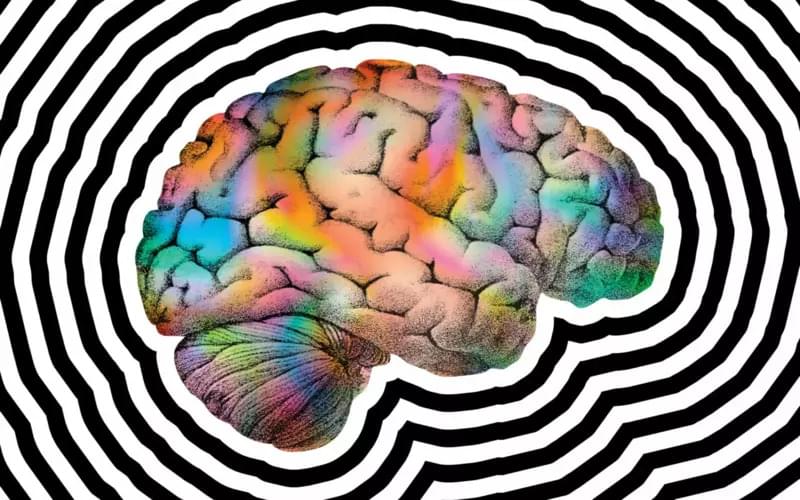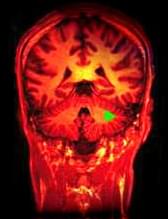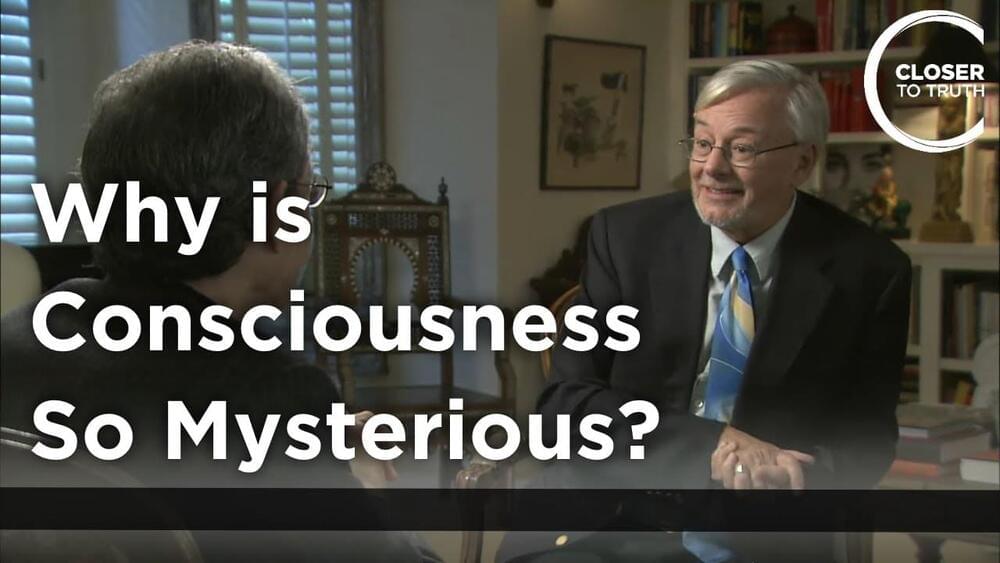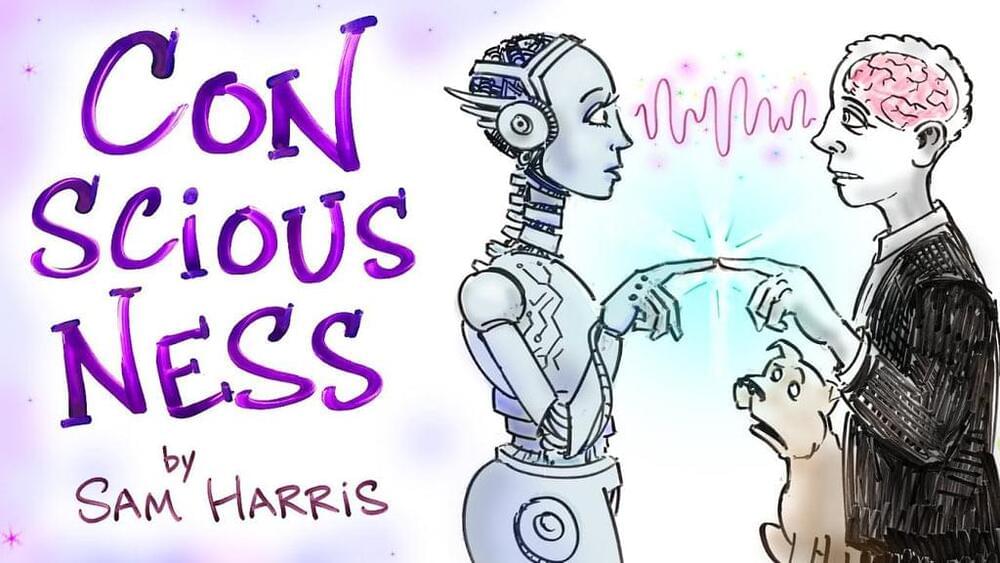Jul 1, 2023
David Nutt: entropy explains consciousness
Posted by Jose Ruben Rodriguez Fuentes in category: neuroscience
In response to Bernardo Kastrup’s scathing criticisms of materialist explanations of the states of consciousness induced by psychedelics, David Nutt argues that we don’t need to adopt an untestable metaphysical worldview to explain the subjective richness of psychedelic experiences.In response to Bernardo Kastrup’s scathing criticisms of materialist explanations of the states of consciousness induced by psychedelics, David Nutt argues that we don’t need to adopt an untestable metaphysical worldview to explain the subjective richness of psychedelic experiences.
Let’s start with where we agree. It doesn’t make intuitive sense that alterations in (increased) complexity of brain waves could explain the whole range of subjective experiences that are reported under the influence of psychedelics. I agree they probably don’t in a direct sense — it seems to me much more likely that they are correlated because they both derive from a common change in another system or systems. Despite Bernardo’s criticisms and scepticism, I think we can plausibly develop theories as a result of neuroscience and neuroimaging research coupled with simultaneous acquisition of subjective effects that help explain the altered state of consciousness produced by psychedelics.
Where those might be is the question — and I will come back to it later — but at this point I think it is reasonable to suggest that the primary visual hallucinations (the Christmas tree lights) probably reflect a psychiatry-induced disruption of the layer 5 neurons in the visual cortex. This would degrade the ability of the complex cortical network that creates vision by integrating retinal inputs. Physiological studies of the neuronal workings of non-human visual systems predict that simple geometric shapes, colours and movement are the primary processes that are extracted from retinal inputs and from which more complex visual schema are then created. Psychedelics disrupt these higher-level constructions so allow the user to “see” the primary workings of the visual system that are not normally accessible to consciousness.
